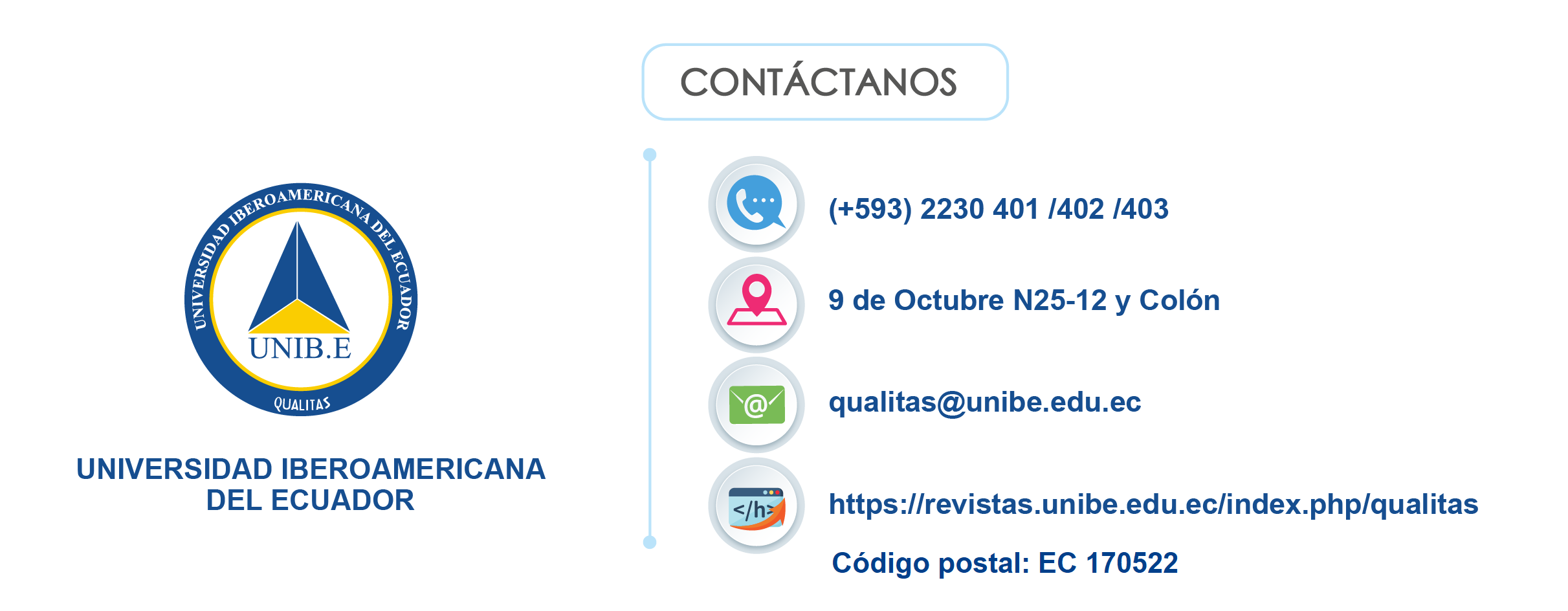Strategic guidelines to optimize the execution of projects in companies in the oil sector
DOI:
https://doi.org/10.55867/qual25.05Keywords:
project execution, oil sector, strategic guidelinesAbstract
The objective of the research was to propose strategic guidelines to optimize the execution of projects in companies in the oil sector of the state of Falcón, considering the importance of managerial strategies in the context of project management, which involve the analysis of previous activities, as well as those carried out during the execution of projects, where the managers are the main responsible for enforcing each of the sub-processes in this crucial phase in the projects. It is based on the theoretical postulates of PMI (2017), Gido et al (2022), Miranda (2016), among others. For its part, the methodology used was quantitative, that is, empirical-analytical-rationalist, descriptive, with a non-experimental transectional field design. The population consisted of 15 subjects in the position of Project Manager. The data collection technique was the survey, using the Likert scale closed questionnaire as an instrument, subjected to a validity process by expert judgment, obtaining reliability by the Alpha-Cronbach Coefficient, which was r=0, 94, that is, very high reliability. The processing of the data was through distribution of relative frequencies, and use of the scale established for it. Based on the results obtained, it was evidenced that managers must strengthen strategies to identify project stakeholders, as well as the costs associated with the project, for which strategic guidelines were generated to guarantee project managers the optimal development of the execution of projects.
Downloads
References
Bavaresco, A. (2013). Proceso metodológico en la investigación. (6ta Edición) Universidad del Zulia. Venezuela.
Briones, G. (2003). Métodos y técnicas de investigación para las ciencias sociales. (4ta Edición). Colombia: Editorial Trillas.
Camacho, J. (2006). Estadística con SPSS (versión 12) para Windows. México: Editorial Alfaomega.
Cartay, I. (2010). Gestión de Proyectos: Un Enfoque PDVSA. (2da Edición). Mérida, Venezuela. Editorial Torococo.
Gido, J., Clements, J. y Baker, R. (2022). Successful Project Management. (Gestión de Proyectos Exitosa). (7th Edición). México: Editorial Cengage Learning.
Hernández-Sampieri, R. y Mendoza, C. (2018). Metodología de la Investigación. (5th Edition). México: Editorial McGraw Hill.
Hurtado, J. (2012). Metodología de la Investigación. Guía para la comprensión Holística de la ciencia. (4ta Edición). Caracas: Quiron Ediciones.
Lledó, P. (2017). Director de Proyecto. Cómo aprobar el examen PMP sin morir en el intento. (6ta Edición). Pablolledó. USA.
Miranda, J. (2016). El desafío de la gerencia de Proyectos: basado en los principios y orientaciones del PMI. (4ta Edición). Bogotá, Colombia. MM Editores.
Mulcahy, R. (2018). Preparación para el examen PMP. (9na edición). RCM Publications, Inc. Minnesota, USA.
Muñoz, C. (2011). Como elaborar y asesorar una investigación de tesis. (2da Edición). México: Editorial Prentice Hall Hispanoamericana, S.A.
Pelekais, C., Finol, M., Neuman, N. y Belloso (2007). El Proceso de Investigación Científica. Venezuela: Limusa.
Project Management Institute (PMI) (2017). Guía de los Fundamentos para la Dirección de Proyectos. Guía del Pmbok. (6ta Edición). Global Estándar. USA.
Ruiz, C. (2002). Instrumentos de investigación educativa. Procedimientos para su diseño y validación. Venezuela: Cideg.
Tamayo, M. (2017). El proceso de la investigación científica. (5ta Edición). México: Editorial Limusa.
Published
How to Cite
Issue
Section
License
Copyright (c) 2023 Emmanuel Jose Gonzalez Quintero, Melissa Carolina Rondón Ríos, María Victoria Naveda Arocha, Lourdes Beatriz Medina Vargas

This work is licensed under a Creative Commons Attribution 4.0 International License.



















